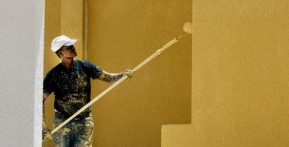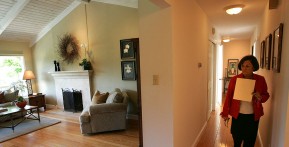Moving to a new apartment often entails a lot of fees and charges, including costs of hiring movers and paying the landlord a security deposit. However, there are other hidden fees that may come up and surprise you if you do not make enough research before moving. Here are some hidden apartment fees that you need to know about:
Most people expect to pay for only the security deposit and the first and last month's rent when moving to a new apartment. However, very few realize that renting an apartment also entails more than just those three initial costs.
According to Trulia, there are some hidden apartment fees that renters are most likely unaware of and will only be surprised when the landlord informs them that their security deposit is gone. For instance, you may think that the use of the elevator to move your items to your new apartment may be free, but more often than not, buildings charge renters with certain fees.
"These fees vary wildly, from $500 to $1,000 refundable deposits to as high as $1,000 in nonrefundable move-in fees," said real estate broker Alin Zdroba.
Aside from this, tenants may also be charged parking fees and passes whenever they move their items to their new apartment. Parking fees can run anywhere between $20 and $100.
Renters are also charged with application fees, which can run as high as $200 per applicant, depending on the state's policies and regulations. The application fee covers the landlord's background and credit checks on their potential renters.
A security deposit should not be mistaken with the last month's rent, as these two serve completely different purposes. As previously reported here on Realty Today, the security deposit serves as the landlord's safety net in case the tenant damages a certain part of the apartment.
The landlord may also use the security deposit in case a tenant fails to pay the rent on time. Your landlord may also take the costs of damages your movers make to the property during the move from your security deposit.












